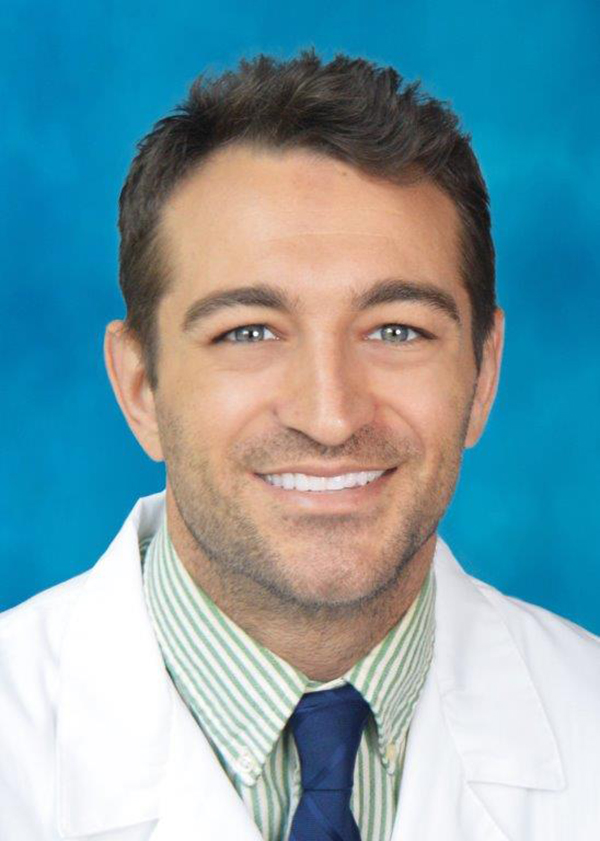By ZACHARY BOUCHER, MD
Acid Reflux (or “heartburn”) can be extremely life-altering and is thought to affect up to 20% of adults in America.

Signs of heartburn are sometimes typical (what you expect) such as burning in your chest after meals or when lying down. Some symptoms of acid reflux are atypical and include chronic cough, bloating, hoarseness, bad breath or even asthma.
The cause of acid reflux is stomach acid inappropriately traveling back up into your esophagus instead of going downstream into your small intestines. The first thing your doctor will likely prescribe to you if you have acid reflux symptoms would be a medication called a PPI (or proton pump inhibitor), which cuts down the amount of acid your stomach is able to produce. Common names for these medications are omeprazole (Prilosec), esomeprazole (Nexium), lansoprazole (Prevacid) and pantoprazole (Protonix). These medications help most people, but a large number of patients continue to have unrelenting heartburn despite maximum doses of these medications. In addition, we now know that PPI medications potentially have some serious long-term side effects, such as increasing your risk for dementia, pneumonia and colon infections and decreasing bone density. Lifestyle modifications also can be helpful in resolving mild reflux cases. These include smoking cessation, not eating before bed, elevating the head of bed at night, and weight loss.
Luckily, there is a surgery available to help patients with acid reflux disease that does not improve with lifestyle modifications, PPI medications, or for those patients who do not want to take 1-2 pills every day for control of their symptoms. This operation is called a fundoplication. It is an operation that involves wrapping part of your upper stomach around your esophagus to make a tighter connection so as to block the flow of acid back up into your esophagus. Today, we do this surgery laparoscopically or robotically with small incisions. Patients usually go home the next day after surgery and long term have much improvement in their symptoms (and no longer have to take daily medication for reflux). In addition to wrapping the stomach, this surgery also corrects any hiatal hernia you may have (when your stomach is pulled up slightly into your chest), which is an added benefit to this operation.
If you have acid reflux that does not seem to go away, ask your physician about this surgical procedure. You can make an appointment to see one of our General Surgeons by calling 863.284.5000.
About the Author
Zachary Boucher, MD, is a General Surgeon at Lakeland Regional Health.
